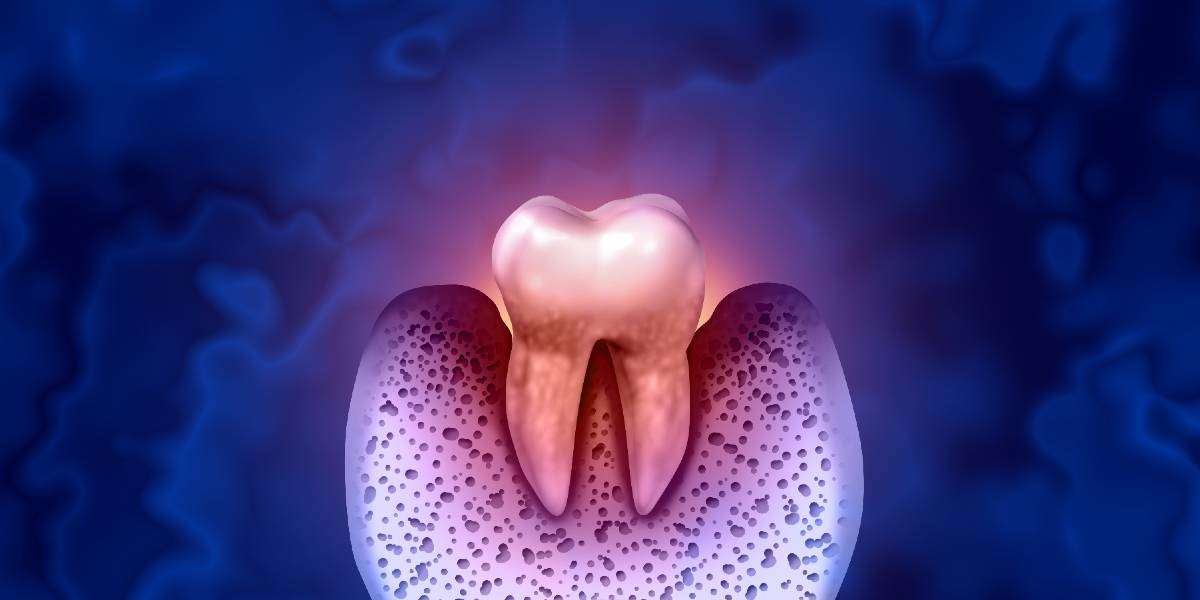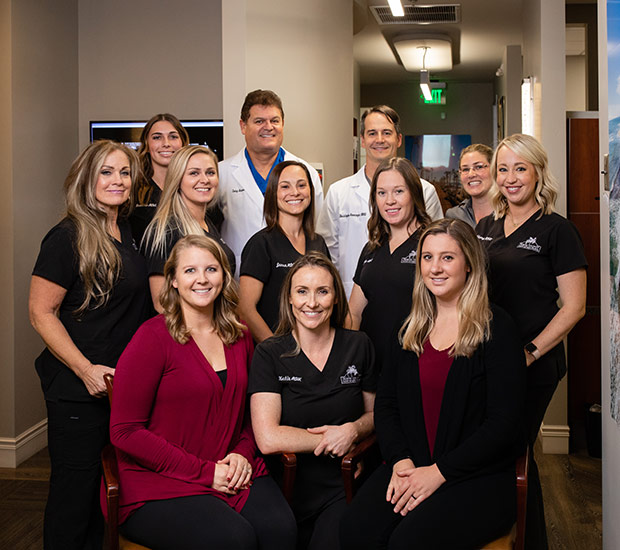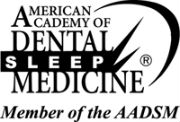A Quick Reference Guide to Gum Disease
 If you are like many patients, you probably feel a sense of dread when the question of flossing comes up during your regular dental check-ups. If you’re more than a little lax, you’re also not alone. Only about 37% of people in the United States say that they floss daily, while 32% admit that they never floss at all. Why does your hygienist ask about your flossing habits? They’re worried about gum disease.
If you are like many patients, you probably feel a sense of dread when the question of flossing comes up during your regular dental check-ups. If you’re more than a little lax, you’re also not alone. Only about 37% of people in the United States say that they floss daily, while 32% admit that they never floss at all. Why does your hygienist ask about your flossing habits? They’re worried about gum disease.
Gum disease is more than a cosmetic issue. In fact, gum disease has now been connected with multiple chronic health conditions that impact quality of life, such as:
These are serious conditions that can impact you for the rest of your life. They can also shorten your lifespan! This is deeply concerning considering that gum disease impacts more than
47% of adults. Even worse, that number climbs higher in every age bracket after 40 — the hardest time of life to manage conditions like bone loss, heart disease, or Alzheimer’s. As we age, our bodies simply cannot fight disease like they once did. Preventing and treating gum disease helps you support your body in the aging process by not exacerbating pre-existing conditions or creating new ones.
What is the cause of gum disease?
The most common cause of gum disease is a lack of regular brushing and flossing. We don’t just do those tasks to have fresh breath and bright smiles, we also do them to protect our teeth and gums from harmful bacteria that could lead to gum disease. Every day, we eat and drink foods that build up plaque on our teeth. You’ve likely noticed that certain foods can make your teeth feel like they have a film on the surface. That’s plaque and it’s basically a nasty little colony of bacteria dedicated to ruining your oral and physical health.
Common Symptoms of Gum Disease
- Bleeding gums
- Receding gums
- Bad breath
- Tooth decay
- Loose teeth
- Tooth loss
- Pus along gum line
- Foul taste in mouth
- Brittle teeth
- Persistent mouth pain
How can I prevent gum disease?
Luckily, there are steps that you can take today to prevent gum disease. And if your hygienist has already told you that you have gingivitis--the first stage of gum disease--don’t worry! There are still ways that you can slow (and even stop) the progression of the disease.
- The Basics
The simplest way to prevent gum disease is through regular brushing and flossing. Brush and floss daily. Use a fluoride toothpaste and a soft toothbrush to remove plaque and clean your teeth along the gumline. If you struggle with flossing properly (and we all do), you can ask your dental hygienist for tips on how to make the process a little bit easier and a lot more efficient. Flossing helps tackle the bacteria below the gumline by removing the build-up where the brush cannot reach.
- Regular Dental Visits
In addition to brushing and flossing each day, you should also visit your dentist twice per year. These check-ups are critical to maintaining the complete health of your teeth and gums and to chart and observe potential issues. A hygienist can remove tartar build-up, clean below the gumline and note any problems in your mouth like gum recession, cavities, or gingivitis.
- Cut Sugar
It may actually be the hardest step of the three, but cutting sugar can go a long way toward preventing gum disease. Unfortunately, harmful bacteria love sugar just as much as we do. Even worse, the chemicals they excrete after consuming sugar are not mouth-friendly.
Methods for Treating Gum Disease
Once you have contracted gum disease, brushing and flossing likely won’t be enough to reverse the process. You’re going to need a little help! At North County Cosmetic and Implant Dentistry, we have several options for helping you treat gum disease. Our goal is not to shame you or make you feel bad. We just want to help you stop the problem so you can lead a healthy life.
Scaling and Root Planing
Your dentist will treat your gum disease by scraping plaque from the teeth below the gumline. Laser treatments are available for this procedure.
Surgery
Gum disease can cause the gums to open up deep pockets next to the teeth. This causes the gums to recede. When they are too far, a surgical gum graft can restore the gum so it fits snugly against the tooth.
Non-Surgical Intervention with Perio Protect
One of the most exciting treatments for gum disease won’t require any scraping or surgery. Perio Protect is a non-invasive treatment that uses customized trays fitted to the exact specifications of your teeth and gums. These trays are filled with a specialized hydrogen peroxide formula that destroys the bacteria that hide in your mouth. The snug fit of the tray, which is developed using a mold of your mouth, keeps the peroxide contained so it can penetrate gum pockets. The process is fast and you do not have to be in the office to do it. In just minutes a day, you can fight gum disease from home!
Jumpstart Your Journey to Improved Oral and Physical Health
Your mouth is the gateway to your health — including your teeth and especially your gums. Whether you are working to prevent gum disease from impacting your life, or wish to treat a problem with gum disease you already have, we want to help! Call our office today to set up an appointment and we will work with you to achieve your goals for your smile.
Request an appointment or call North County Cosmetic and Implant Dentistry at 760-940-2273 for an appointment in our Vista office.
Recent Posts
Maintaining good oral health is essential for overall well-being. One of the key professionals who play a vital role in ensuring optimal oral health is the Registered Dental Hygienist (RDH). Let’s explore how regular visits to your RDH contribute to your overall health while giving you a healthy smile.The term “Certified Dental Hygienist” is actually…
Preventative dental care is essential for maintaining good dental health. Regular check-ups with a dentist can help identify and address potential dental issues before they become more serious. North County Cosmetic and Implant Dentistry in Vista, CA offers a range of preventative dental services to help patients achieve and maintain healthy teeth and gums.One of…
Among the most common dental problems that a general dentist treats are cavities. Most people will experience this form of tooth decay at some point due to:Dry mouthSugary foods and drinksPoor oral hygieneGeneticsThere are several types of cavities, and each can lead to complications without prompt treatment.A general dentist first considers a cavity's location when…







